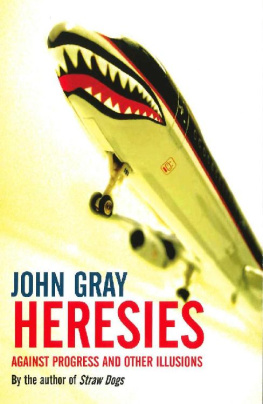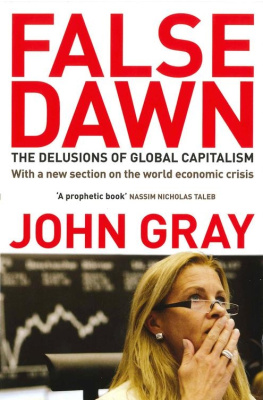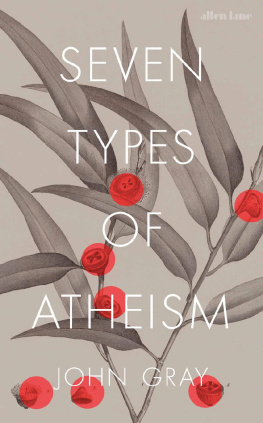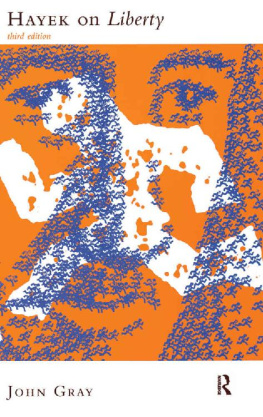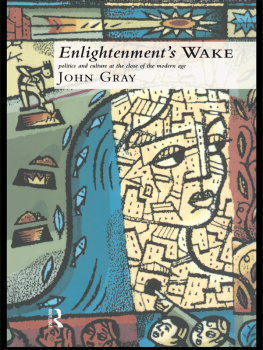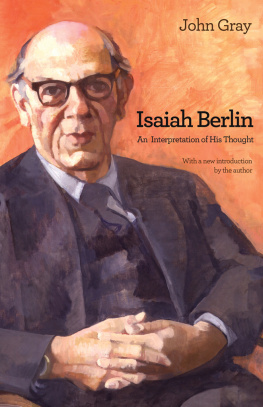John Gray - Feline Philosophy
Here you can read online John Gray - Feline Philosophy full text of the book (entire story) in english for free. Download pdf and epub, get meaning, cover and reviews about this ebook. publisher: Farrar, Straus and Giroux, genre: Religion. Description of the work, (preface) as well as reviews are available. Best literature library LitArk.com created for fans of good reading and offers a wide selection of genres:
Romance novel
Science fiction
Adventure
Detective
Science
History
Home and family
Prose
Art
Politics
Computer
Non-fiction
Religion
Business
Children
Humor
Choose a favorite category and find really read worthwhile books. Enjoy immersion in the world of imagination, feel the emotions of the characters or learn something new for yourself, make an fascinating discovery.

Feline Philosophy: summary, description and annotation
We offer to read an annotation, description, summary or preface (depends on what the author of the book "Feline Philosophy" wrote himself). If you haven't found the necessary information about the book — write in the comments, we will try to find it.
Feline Philosophy — read online for free the complete book (whole text) full work
Below is the text of the book, divided by pages. System saving the place of the last page read, allows you to conveniently read the book "Feline Philosophy" online for free, without having to search again every time where you left off. Put a bookmark, and you can go to the page where you finished reading at any time.
Font size:
Interval:
Bookmark:
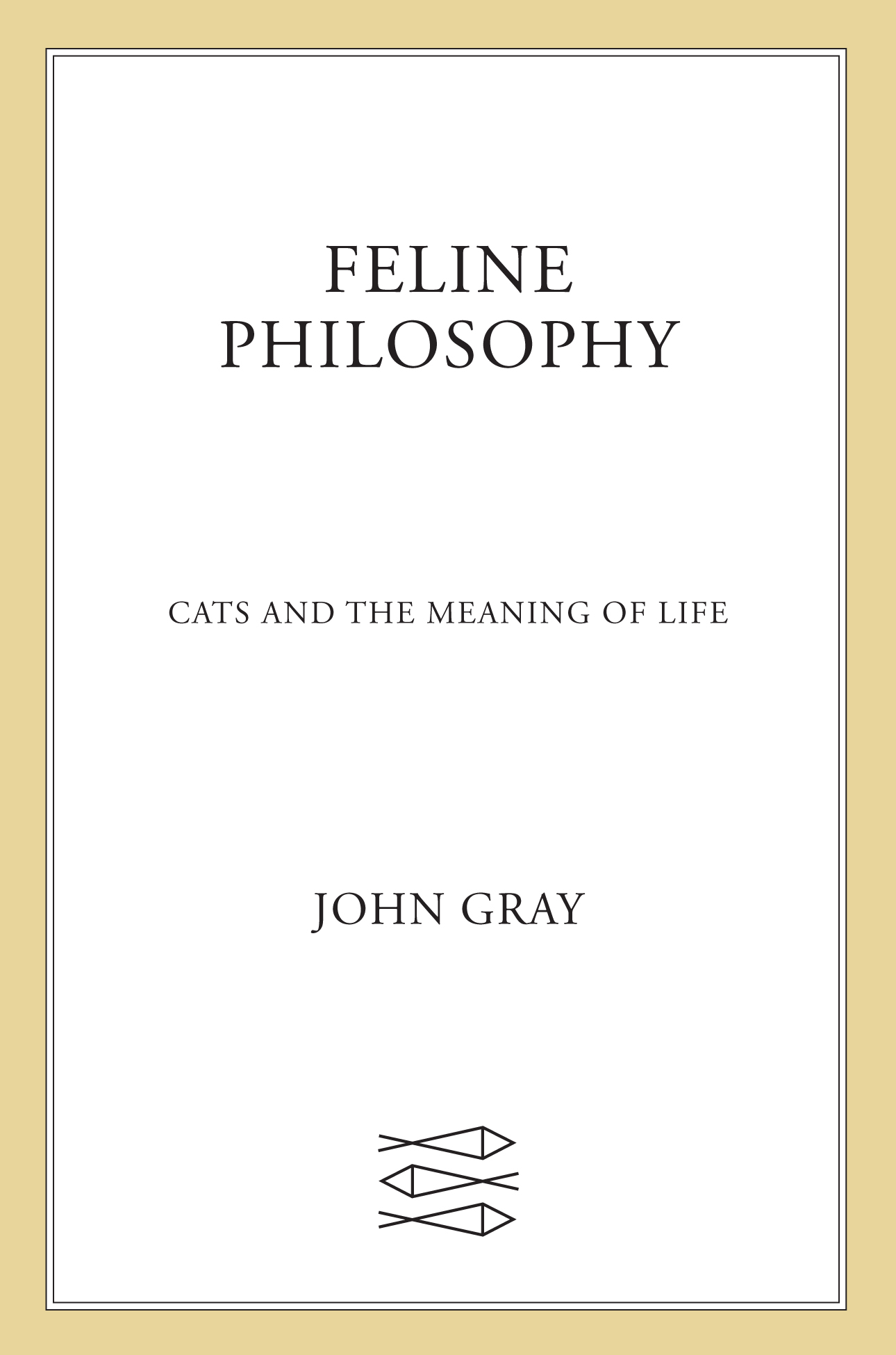

The author and publisher have provided this e-book to you for your personal use only. You may not make this e-book publicly available in any way. Copyright infringement is against the law. If you believe the copy of this e-book you are reading infringes on the authors copyright, please notify the publisher at: us.macmillanusa.com/piracy.
A philosopher once assured me he had persuaded his cat to become a vegan. Believing he was joking, I asked how he had achieved this feat. Had he supplied the cat with mouse-flavoured vegan titbits? Had he introduced his cat to other cats, already practising vegans, as feline role models? Or had he argued with the cat and persuaded it that eating meat is wrong? My interlocutor was not amused. I realized he actually believed the cat had opted for a meat-free diet. So I ended our exchange with a question: did the cat go out? It did, he told me. That solved the mystery. Plainly, the cat was feeding itself by visiting other homes and hunting. If it brought any carcasses home a practice to which ethically undeveloped cats are sadly all too prone the virtuous philosopher had managed not to notice them.
It is not hard to imagine how the cat on the receiving end of this experiment in moral education must have viewed its human teacher. Perplexity at the philosophers behaviour would soon have been followed by indifference. Seldom doing anything unless it serves a definite purpose or produces immediate enjoyment, cats are arch-realists. Faced with human folly, they simply walk away.
The philosopher who believed he had persuaded his cat to adopt a meat-free diet only showed how silly philosophers can be. Rather than trying to teach his cat, he would have been wiser if he had tried learning from it. Humans cannot become cats. Yet if they set aside any notion of being superior beings, they may come to understand how cats can thrive without anxiously inquiring how to live.
Cats have no need of philosophy. Obeying their nature, they are content with the life it gives them. In humans, on the other hand, discontent with their nature seems to be natural. With predictably tragic and farcical results, the human animal never ceases striving to be something that it is not. Cats make no such effort. Much of human life is a struggle for happiness. Among cats, on the other hand, happiness is the state to which they default when practical threats to their well-being are removed. That may be the chief reason many of us love cats. They possess as their birthright a felicity humans regularly fail to attain.
The source of philosophy is anxiety, and cats do not suffer from anxiety unless they are threatened or find themselves in a strange place. For humans, the world itself is a threatening and strange place. Religions are attempts to make an inhuman universe humanly habitable. Philosophers have often dismissed these faiths as being far beneath their own metaphysical speculations, but religion and philosophy serve the same need. Both try to fend off the abiding disquiet that goes with being human.
Simple-minded folk will say the reason cats do not practise philosophy is that they lack the capacity for abstract thought. But one can imagine a feline species that had this ability while still retaining the ease with which they inhabit the world. If these cats turned to philosophy, it would be as an amusing branch of fantastic fiction. Rather than looking to it as a remedy for anxiety, these feline philosophers would engage in it as a kind of play.
Instead of being a sign of their inferiority, the lack of abstract thinking among cats is a mark of their freedom of mind. Thinking in generalities slides easily into a superstitious faith in language. Much of the history of philosophy consists of the worship of linguistic fictions. Relying on what they can touch, smell and see, cats are not ruled by words.
Philosophy testifies to the frailty of the human mind. Humans philosophize for the same reason they pray. They know the meaning they have fashioned in their lives is fragile and live in dread of its breaking down. Death is the ultimate breakdown in meaning, since it marks the end of any story they have told themselves. So they imagine passing on to a life beyond the body in a world out of time, and the human story continuing in this other realm.
Throughout much of its history, philosophy has been a search for truths that are proof against mortality. Platos doctrine of forms unchanging ideas that exist in an eternal realm was a mystical vision in which human values were secured against death. Thinking nothing of death while seeming to know well enough when it is time to die cats have no need of these figments. If they could understand it, philosophy would have nothing to teach them.
A few philosophers have recognized that something can be learned from cats. The nineteenth-century German philosopher Arthur Schopenhauer (born in 1788) is famous for his love of poodles, a succession of which he kept throughout his later years, calling all of them by the same names Atma and Butz. He also had at least one feline companion. When he died of heart failure in 1860, he was found at home on his couch beside an unnamed cat.
Schopenhauer used his pets to support his theory that selfhood is an illusion. Humans cannot help thinking of cats as separate individuals like themselves; but this is an error, he believed, since both are instances of a Platonic form, an archetype that recurs in many different instances. Ultimately each of these seeming individuals is an ephemeral embodiment of something more fundamental the undying will to live, which, according to Schopenhauer, is the only thing that really exists.
He spelt out his theory in The World as Will and Representation:
I know quite well that anyone would regard me as mad if I seriously assured him that the cat, playing just now in the yard, is still the same one that did the same jumps and tricks there three hundred years ago; but I also know that it is much more absurd to believe that the cat of today is through and through and fundamentally an entirely different one from that cat of three hundred years ago For in a certain sense it is of course true that in the individual we always have before us a different being But in another it is not true, namely in the sense in which reality belongs only to the permanent forms of things, to the Ideas, and which was so clearly evident to Plato that it became his fundamental thought.
Schopenhauers view of cats as fleeting shadows of an Eternal Feline has a certain charm. Yet when I think of the cats I have known it is not their common features that come first to mind but their differences from one another. Some cats are meditative and restful, others intensely playful; some cautious, others recklessly adventurous; some quiet and peaceable, others vocal and highly assertive. Each has its own tastes, habits and individuality.
Cats have a nature that distinguishes them from other creatures not least ourselves. The nature of cats, and what we can learn from it, is the subject of this book. But no one who has lived with cats can view them as interchangeable instances of a single type. Every one of them is singularly itself, and more of an individual than many human beings.
Still, Schopenhauer was more humane in his view of animals than other leading philosophers. According to some reports, Ren Descartes (15961650) hurled a cat out of a window in order to demonstrate the absence of conscious awareness in non-human animals; its terrified screams were mechanical reactions, he concluded. Descartes also performed experiments on dogs, whipping one while a violin was being played in order to see whether the sound of a violin would later frighten the animal, which it did.
Font size:
Interval:
Bookmark:
Similar books «Feline Philosophy»
Look at similar books to Feline Philosophy. We have selected literature similar in name and meaning in the hope of providing readers with more options to find new, interesting, not yet read works.
Discussion, reviews of the book Feline Philosophy and just readers' own opinions. Leave your comments, write what you think about the work, its meaning or the main characters. Specify what exactly you liked and what you didn't like, and why you think so.



